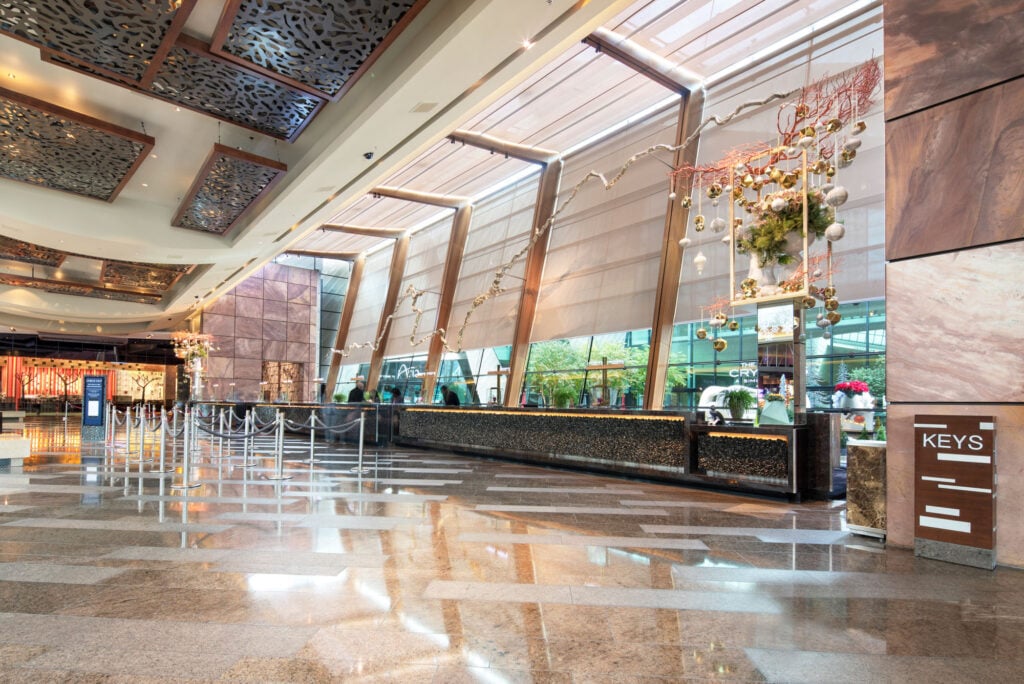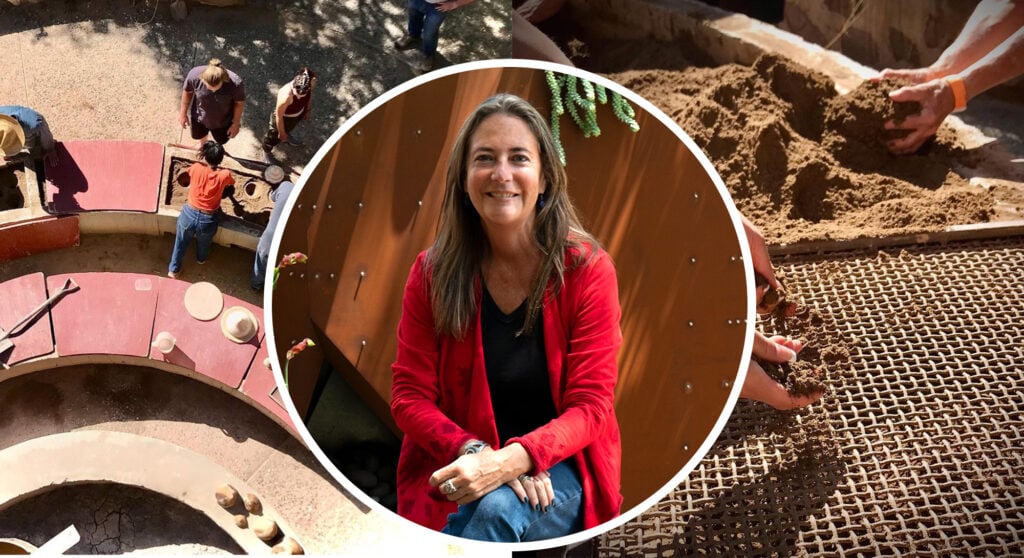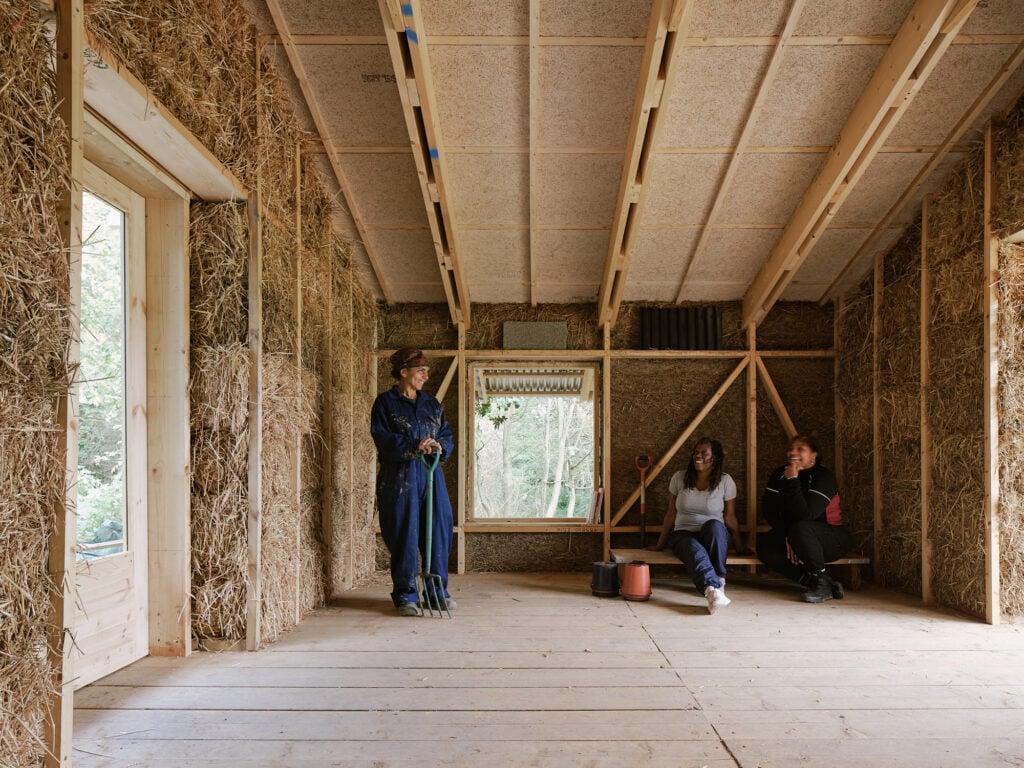
November 4, 2021
Cradle to Cradle

Refusing to settle for only certified shade fabric, Mecho’s aim has been to provide fully certified shade systems. Since then, Mecho certified all of its manual shade systems and all of its PVC-free solar shade systems are now Cradle to Cradle CertifiedTM or have a Cradle to Cradle Material Health Certificate. More recently, their ElectroShade iQ2 AC + DC System was selected by Cradle to Cradle to participate in the organization’s Version 4 pilot program, and when certified it will be the world’s first Cradle to Cradle Certified motorized shade system. With custom hardware assemblies and thousands of potential parts making up each ElectroShade installation, planning for product circularity for a motorized system was a new challenge for the brand. But Berman cites Cradle to Cradle Version 4’s robust circularity requirements and materials passport as helpful tools for establishing end-of-life plans for all of their components. In the future, she hopes, making more products a part of the circular economy will drive demand and help strengthen the networks that are required for true circularity, creating a virtuous cycle.

Would you like to comment on this article? Send your thoughts to: [email protected]
- No tags selected
Latest
Viewpoints
Liz Martin-Malikian is Decarbonizing the Curriculum
Miami University’s new architecture and interior design chair wants to educate the next generation of sustainability leaders.
Viewpoints
Thatch—The Past and Future of Green Building?
Architects are rediscovering the potential of reeds and thatch through projects that sequester carbon—and help restore wetlands.
Projects
The Project That Remade Atlanta Is Still a Work in Progress
Atlanta’s Beltline becomes a transformative force—but as debates over transit and displacement grow, its future remains uncertain.






